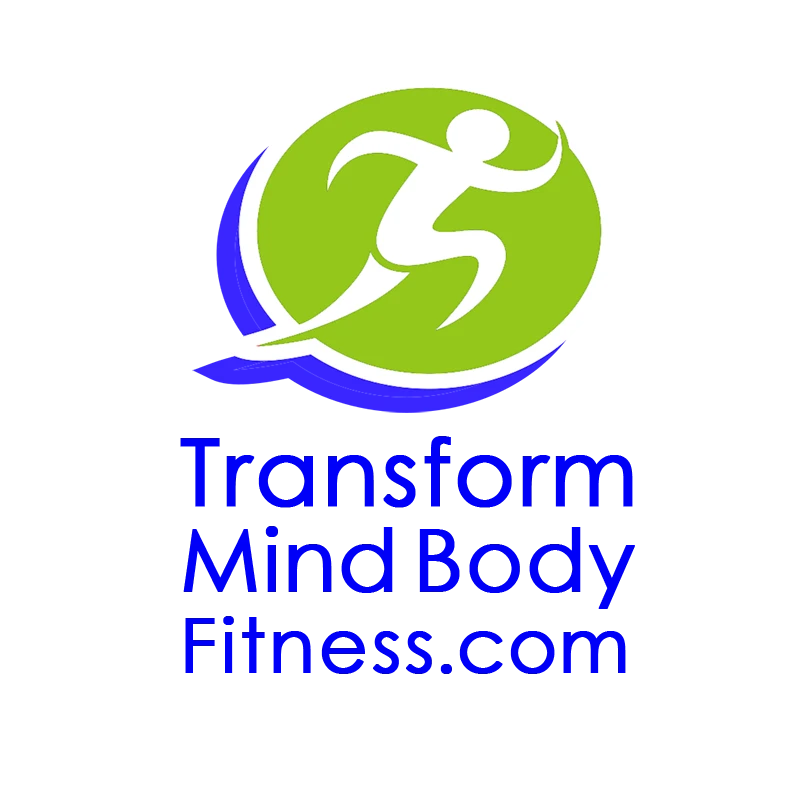Why exercise is a fantastic return on investment

1. It offers incredibly reliable returns
In so many other aspects of life there are many variables, uncertainties and things beyond your control. In business, sport or the arts the way colleagues, bosses, clients, referee’s, critics behave and react can massively influence the results from your efforts.
Put in the effort with fitness and your body responds, and in pretty predictable ways. There is no one who can interfere with that process.
Of course you need to have the effort be reasonably well directed and a good exercise program will help. However even a mediocre or basic program done consistently with just average intensity will yield a decent return.
I was keen on several sports growing up, I wanted to really excel so I tried hard. I found there wasn’t a direct correlation between my effort and the outcome though. Then I tried a structured running program for 10 weeks and was richly rewarded by much greater fitness, fat loss and increased energy.
‘You only get out what you put in.’ couldn’t apply more accurately to anything else.
2. There is pay back in the short, medium and long term.
Runners high doesn’t just happen from running and it’s basically instant. Exercise with some vigour and the changes to your biochemistry are wide ranging and strong.
Exercise has the capacity to significantly change how you think and feel. That’s why it's so often recommended for improved mental health. It’s a very reliable mood booster.
In the medium term, more of the benefits that people typically seek show up in the form of more muscle, increased strength, less body fat and greater fitness. Plus, there’s a day to day sense of feeling better i.e. more energy, better concentration and a more positive outlook.
Commitment in the long-term results in all of those benefits just described. AND significant health benefits such as increased bone density, reduced blood pressure and cellular level changes which slow the ageing process. Your heart also gets bigger and more efficient. Then there’s the positive effects on insulin and associated improvements with blood sugar levels and better management of conditions such as diabetes.
As you’ve read and heard so many times it reduces the risk of so many diseases, illnesses and conditions you don’t want. On the other hand, it also enhances life in the short, medium and long term like nothing else.
3. The risks are known and manageable.
There’s no point pretending there’s no risk with exercise. However, the risks are well known and manageable.
The obvious risk is injury. A key strategy is the age-old advice to listen to your body. Part of this involves stopping or modifying things if you feel pain in a joint.
It can be more difficult to differentiate between good and bad pain with working muscles, if for instance the left hamstring is hurting a lot more than the right while running or cycling it could indicate something is wrong. If uncertain stop. With consistency over time you’ll be able to better decipher an injured muscle from one that’s simply working hard.
When beginning an exercise program erring on the conservative side is a simple, smart way of reducing injury risk.
Heart attack and stroke can and do happen while exercising but the odds are very low.
Interestingly the Harvard Medical School even published an article titled, ‘Don't worry about sudden cardiac arrest during exercise’. This headline however isn’t a license for anyone to immediately dive into intense exercise. If you have a family history of cardiovascular disease, an underlying heart issue yourself, are overweight or have other health issues you're at greater risk. Those in such categories should get a doctors clearance before exercising, as well as starting and progressing appropriately and gradually.
In fact everyone can not only the reduce risk of heart attack but also improve the exercise experience by following a few guidelines: avoid big increases in intensity or duration, stay well hydrated, making sure you’re well fuelled.
In addition, avoiding exercising in the heat, or at least taking more precautions if you do, is also wise. Dialling back on how hard or long you go is recommended if you're lacking sleep as well. Similarly not doing anything too strenuous if unwell or hungover is a good rule to apply.
All those suggestions are not only good for your health but will actually improve performance as they’ll enable you to exercise more often and develop that consistency you really do need to up your fitness.
When it comes to heart attack and stroke (& many other diseases) you’re essentially at greater risk if you DON’T exercise rather than if you do. In fact a high level of fitness has been shown to halve the long term risk. On the whole exercise itself is a tremendous risk management strategy.
Exercise- it’s not just a safe bet but a very good one. Can you actually afford not to invest in it?
- Fitness Personal Trainers in Australia
- Fitness Personal Trainers in Adelaide
- Fitness Personal Trainers in Brisbane
- Fitness Personal Trainers in Inner North
- Fitness Personal Trainers in Hobart & South East
- Fitness Personal Trainers in Melbourne
- Fitness Personal Trainers in Darwin Region
- Fitness Personal Trainers in Sydney
- Fitness Personal Trainers in Perth


